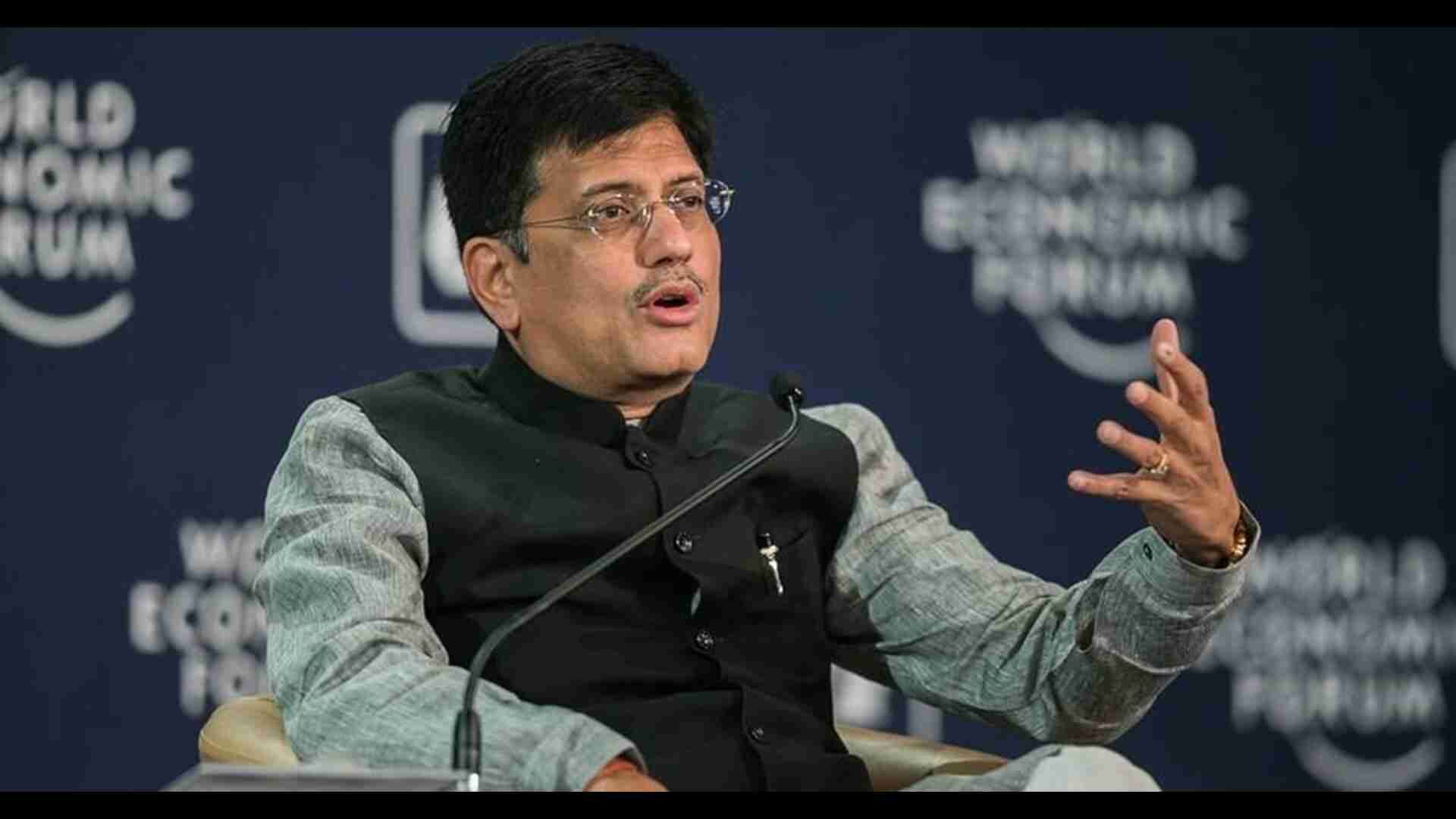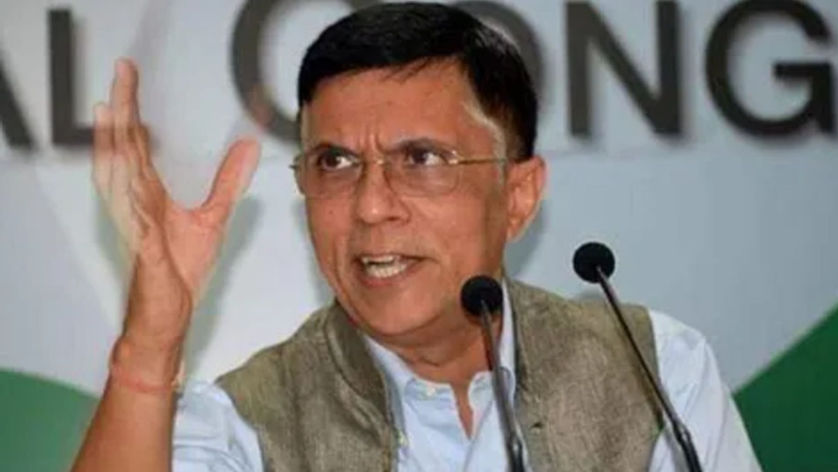
The present pandemic that has enveloped the World has left mankind in a situation where every step taken could be defined in one simple adjective — “unprecedented”. Similarly, the current situation has been a catalyst driving the lawmakers towards tweaking the laws to make it more acceptable and importantly, more workable. The momentousness of the present extremity would be outlined possibly by only a process of sagacious decisions. When an unrivalled situation knocks the door, it becomes more imperative for the Government to make a clarion call considering the best interest of its subjects. During the Covid19 crisis, the Government has taken a bunch of collective decisions in the sole direction of humane necessities above anything else.
One such notable decision taken by the Union having a legal ramification was the suspension of certain provisions of the Insolvency and Bankruptcy Code, 2016 for upto 1 year, thus shielding defaulting companies from facing the rigours of insolvency during these trying times. It must be added that such suspension does not leave the creditors remediless, as they can still file appropriate cases for recovery of their dues. Having said that there is another legislation i.e. Prevention of Money Laundering Act, 2002 (“PML Act”) which requires reconsideration in view of the saturnine state of affairs. The PML Act was enacted in order to address the issue of money-laundering which was spreading like wildfire across the entire fabric of the nation at the turn of the new millennium. It provided adequate statutory machinery for the authorities to tap into these issues and also empowered them to confiscate “proceeds of crime” derived from or involved in money-laundering or matters connected therewith. “Proceeds of crime” has been defined under Section 2(1)(u) of the PML Act as any property derived or obtained, directly or indirectly, by any person as a result of criminal activity relating to a schedule offence or value of any such property. Property includes any property or assets of every description, corporeal or incorporeal, movable or immovable, tangible or intangible etc.
Prior to confiscation of the properties, the statute provides for making attachment of the properties till the culmination of the trial of the offence of moneylaundering. Attachment means prohibition of transfer, conversion, disposition or movement of property by an order under the PML Act. It is relevant to mark the word “INDIRECTLY” used under the proceeds of crime. Offence of MoneyLaundering means whoever knowingly or indirectly attempts to indulge or knowingly assists or knowingly is a party or is actually involved in any proceeds or activity connected with the proceeds of crime and projecting it as untainted property shall be guilty of the offence. Again herein, the word “INDIRECTLY” assumes cardinal importance since it enlarges the gamut of the PML Act making it insuperable for anyone to escape from the ambit of the offence. Though it acts fundamentally against the offences, however at the same time, it does lead to some abuse of the process and people who are not even related or part of the offence become answerable before the authorities. Consequently, their properties are also attached indefinitely till the conclusion of trial in most of the cases. Often, the provisions determining the scope of money-laundering has been challenged throughout the country in various Courts however till today it remains unamended. Needless to mention that apart from attachment of properties, the Act also comprehends a punishment of minimum 3 years to maximum of 10 years.
Advancing to the attachment process envisaged under Section 5 of the PML Act, it commences upon provisional attachment of a property by the Enforcement Directorate which remains valid initially only for a period of 180 days, further subject to a confirmation of the same by the designated Adjudicating Authority. At this stage, it’s only a provisional attachment and the possession is merely on paper. However, the dominant juncture surfaces at stage two when it’s upon the Adjudicating Authority to either confirm the provisional attachment or reject essentially within a period of 180 days of the provisional attachment, on a formal complaint by the Enforcement Directorate. Various precedents would insinuate that at this stage, the Adjudicating Authority often agrees with the finding of Enforcement Directorate. Hence, when an Adjudicating Authority confirms the provisional attachment under Section 8 of the PML Act, such attachment of property will ordinarily continue till the culpability of an offence is decided by a designated Special Court.
On confirmation of such attachment, the Enforcement Directorate gains the power to take actual possession of the property rather than the symbolic possession. The rule prescribes that the owner of immovable property in occupancy of the same shall be served with a 10 days of notice of eviction to further prevent that person from enjoying such property. Thereafter, the Enforcement Directorate can also resort to forceful eviction for retaining the possession. Thus, the person can be deprived of its property at this stage by evicting him. Since the PML Act covers the ‘indirect’ proceeds of crime also, hence it is palpable that people who are even remotely connected with the proceeds of crime can also be indicted. It is very popular under the PML Act that a person may not be named in the Complaint still his/her properties would be subject to attachment falling under the category of ‘Indirect proceeds of crime’. This may include a bonafide borrower who borrows from a Company which later turned out be money launderer, a bonafide purchaser, investor, receiver, etc. to the extent of professionals also such as doctor, architects, etc. for having received their remuneration from a property which is an indirect proceed of crime.
In the present unprecedented pandemic situation, this attachment process under the PML Act is capable of snatching away a person’s shelter. Masses in the current scenario are already suffering from grave issues of shelter, food and livelihood. Such events require taking steps based on the popular principle “Salus Populis Supreme Lexesto”, meaning “the welfare of public is supreme”. Consequently, the question which may be contemplated in the present scenario is – Isn’t it judicious that the actual possession contemplated under Section 8 of the PML Act, post confirmation by the Adjudicating Authority, should be meant to read out only symbolic, paper possession for the time being? It attains the purpose of championing the objectives of the PML Act and simultaneously, ensuring that a person may not be deprived of his property/shelter till the pandemic subsists, more so for those who are not named in the Complaint to be involved in the offence of money-laundering. The Supreme Court of India has time and again held that Right to Property has been recognized as a constitutional right under our Constitution. It is considered not only as a Constitutional Right or Statutory Right but also as one of the most human right in the realm of individual rights, such as right to health, livelihood, shelter, employment etc. It is often juxtaposed with the Right to Life guaranteed under Article 21 of our Constitution.
Desperate times calls for desperate measures. A realistic balance of attendant exigencies is the need of the hour for maintaining the harmony between legislation and its subjects. Liberty of an individual cannot subsist for long without the support of a shelter. Unfortunately, the Nation is currently reeling under such uncertainty in view of the Covid19 crisis and we are facing a long dark tunnel desperately awaiting the light at the end of it. Therefore, taking actual possession of the property under Section 8 of the PML particularly who are not even named in the chargesheet(indirect proceeds) Act may need to be reconsidered and restricted only to symbolic possession till the normalcy is restored and we breathe easier and resume our lives as we have always known it.
Adv. Rahul Bhandari is advocate on record at the Supreme Court of India. Co. Author Adv. Saswat Kumar Acharya, Advocate practising at Orissa High Court.















